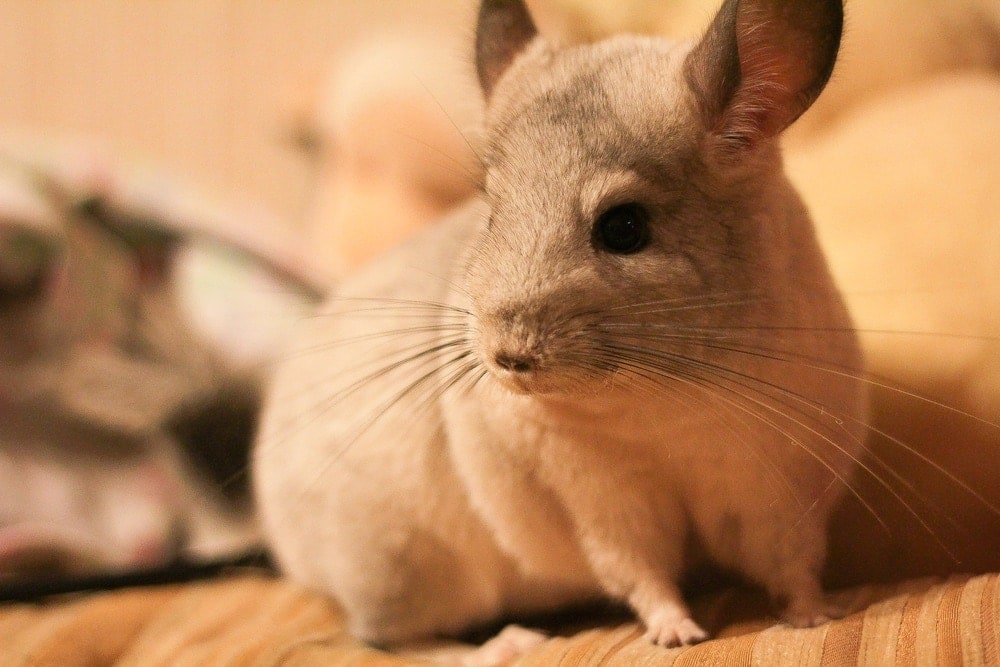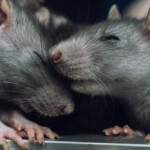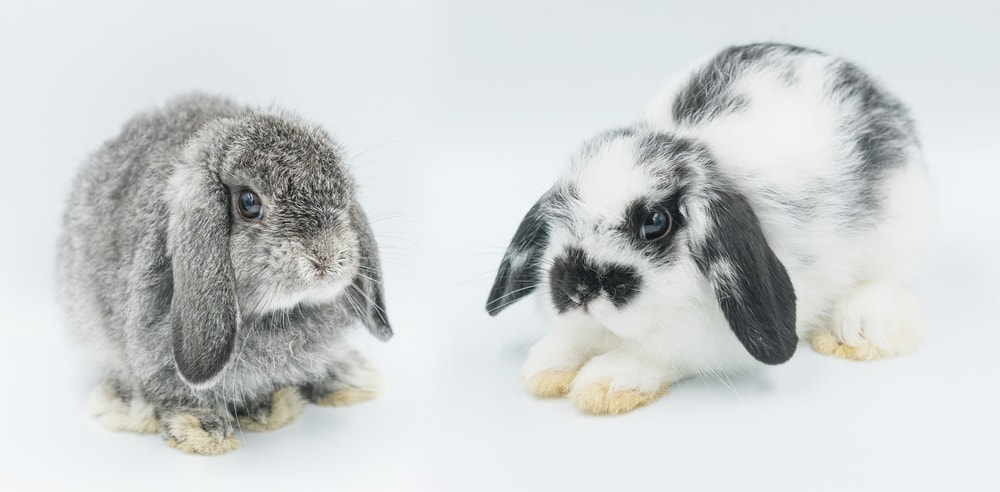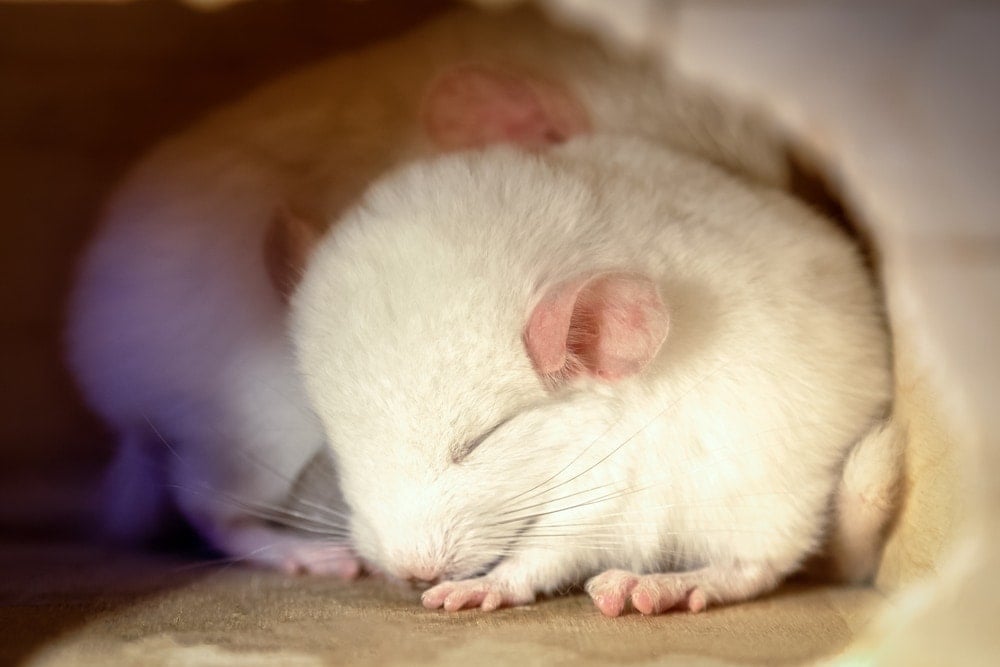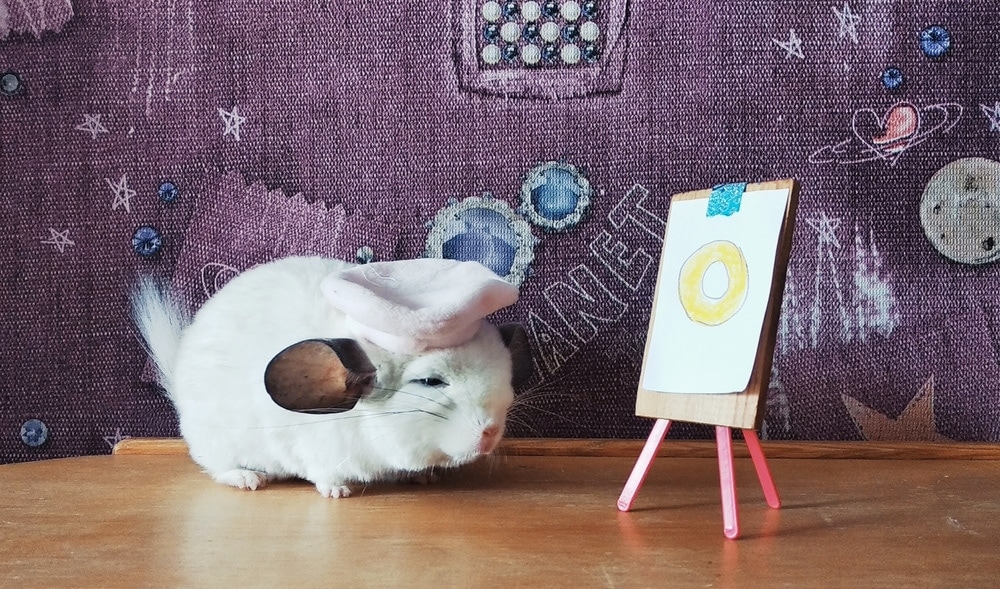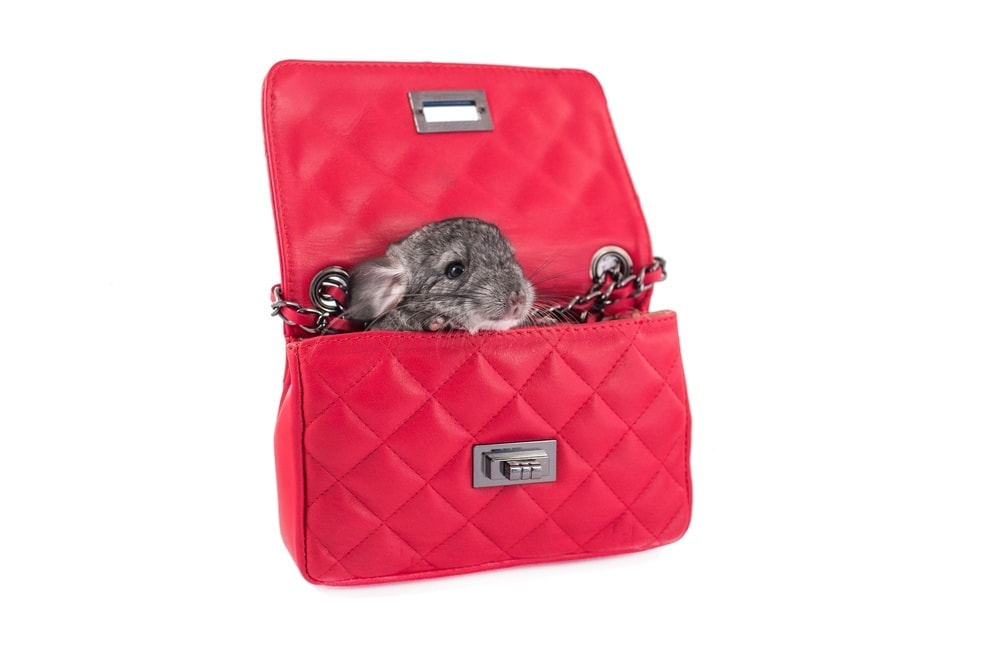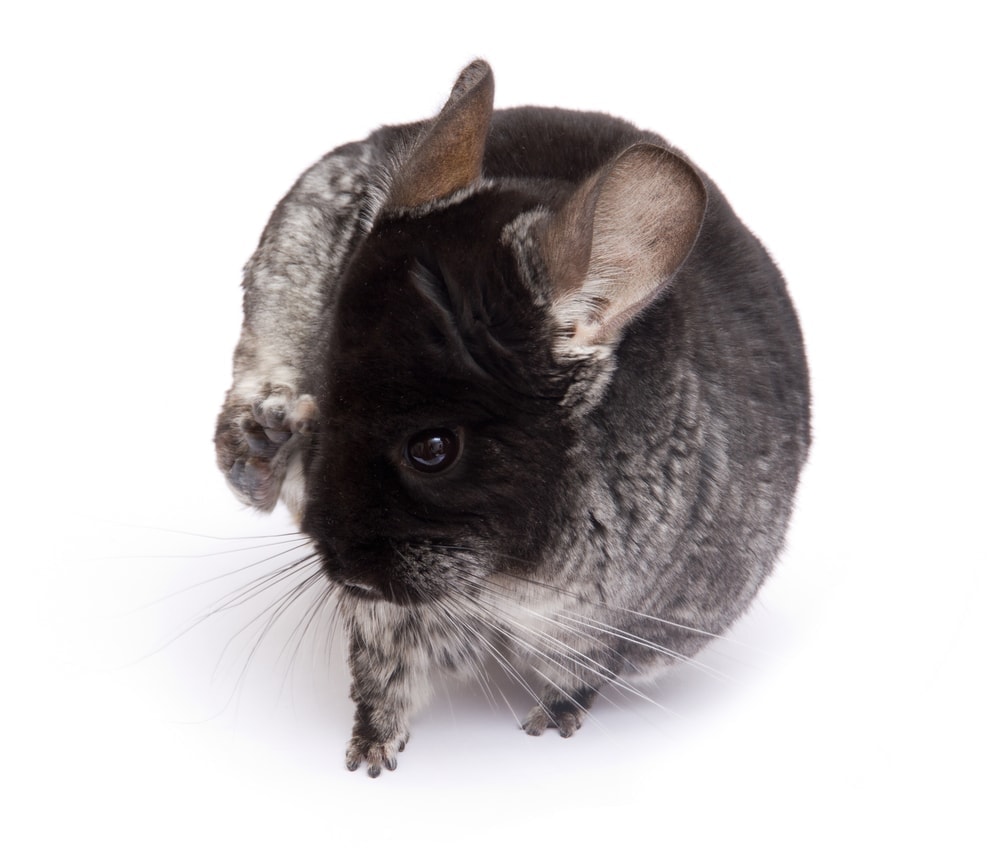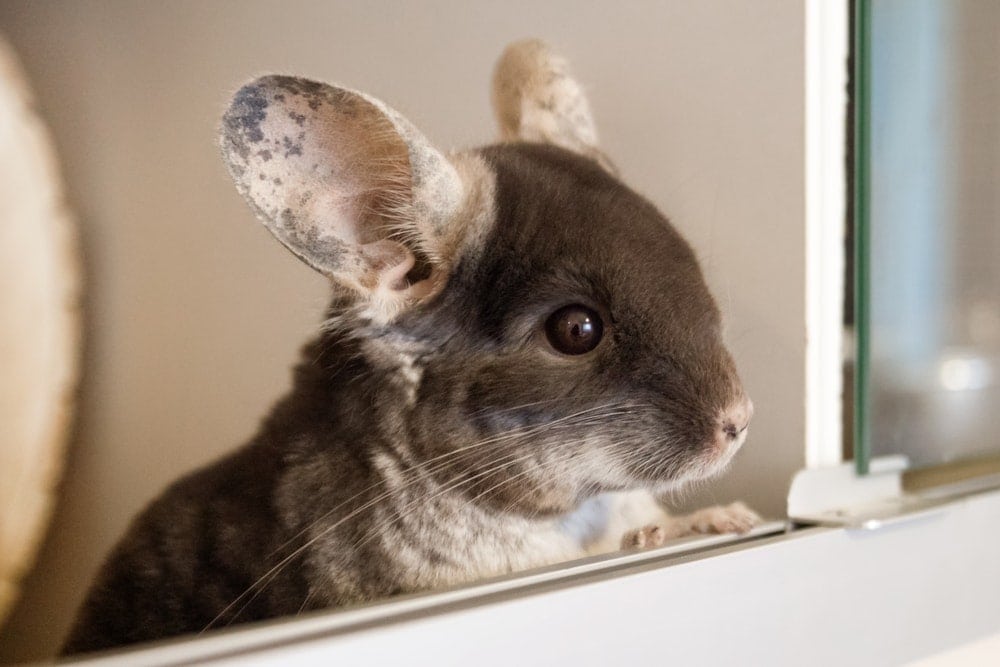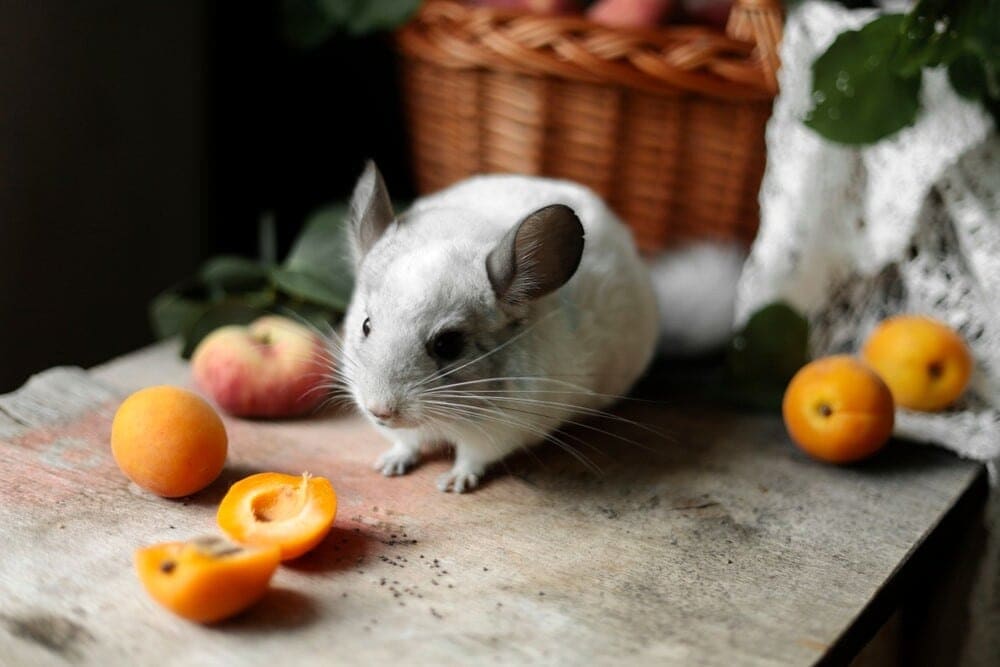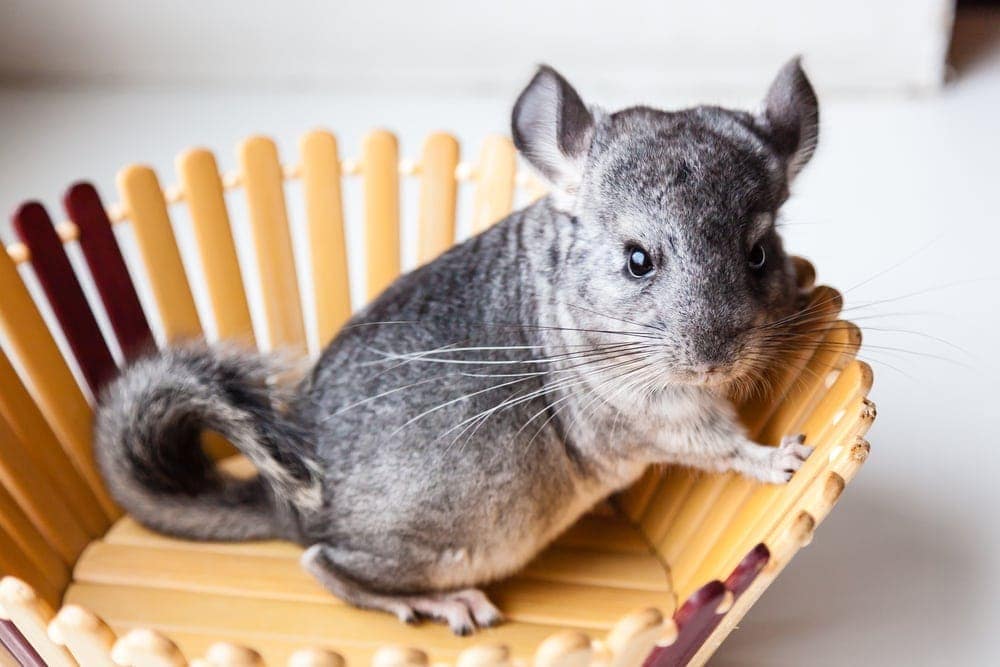If your chinchilla has started losing its fur, you will need to take immediate action.
There are numerous reasons that this might happen, and it is important that you are aware of them. Fur loss can indicate a serious medical problem that could be life-threatening for your pet.
Is Hair Loss Normal with Chinchillas?
While shedding is completely normal for chinchillas, massive hair loss is not. If your pet is losing a lot of hair within a short period of time, you should be concerned.
It is also not normal to see bald patches on your pet, as this is not a sign of typical shedding. You don’t want to simply ignore this, as it could be a sign of a much larger problem that requires treatment.
When will my Chinchilla’s Fur Grow Back?
It can take several months for your chinchilla’s fur to fully grow back, depending on the cause of the hair loss. The beginning of their hair can usually be seen as early as three weeks.
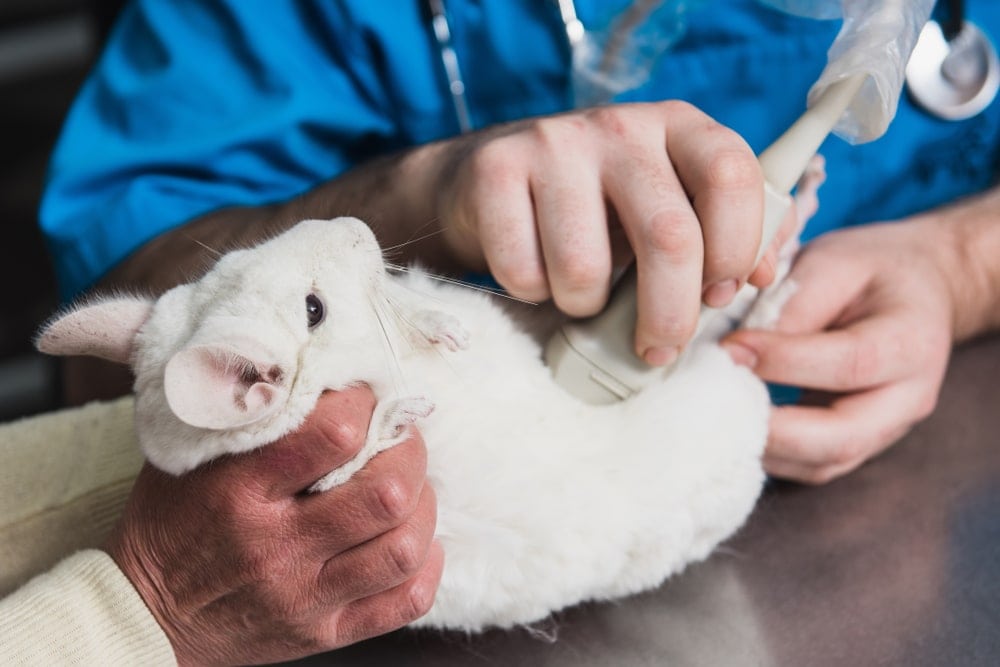
Possible Reasons for Your Chinchilla’s Fur Loss
1. Stress
Chinchillas can begin losing fur if they are extremely stressed or frightened. You might notice small or large patches of fur missing from your pet. This fur loss can occur over a matter of days or even hours.
There are many different things that can cause a chinchilla to get stressed and/or scared. This includes loud noises near their cage. If you put their cage in an area of your home where people frequently go, this is a possibility. It doesn’t take much for some of these animals to get stressed to the point of losing fur.
2. Improper Handling
It’s also possible that your chinchilla is losing some of its fur because you aren’t handling it properly. The best way to take these animals out of their cage is by firmly holding onto their lower bank area.
Improper handling can cause your chinchilla discomfort and stress, so you want to keep this in mind. If this is the case, you should notice that the fur loss is limited to the area you are grabbing when taking them out of their cage.
3. Infection
A bacterial or fungal infection can also cause chinchillas to lose fur. If a wound that your pet sustained gets infected, you might notice that there is a bald patch of fur around it.
These infections can be very serious and even life threatening, so you need to get them treatment right away. Look for redness, swelling, and discharge around the affected areas. Your veterinarian should be able to give your pet a medication to eliminate the infection.
4. Parasites
Fur loss can also be caused by a parasitic infection. Ringworm is fairly common among these animals, and it can be transmitted from other pets or even humans.
If you notice your chinchilla scratching and/or biting itself a lot, there is a good chance that it has a parasitic infection of some kind. It could also be fleas, which are equally as troublesome.
Your veterinarian can treat the parasites with a topical medication, which is usually very effective. The sooner you get treatment for your pet, the sooner their discomfort will end.
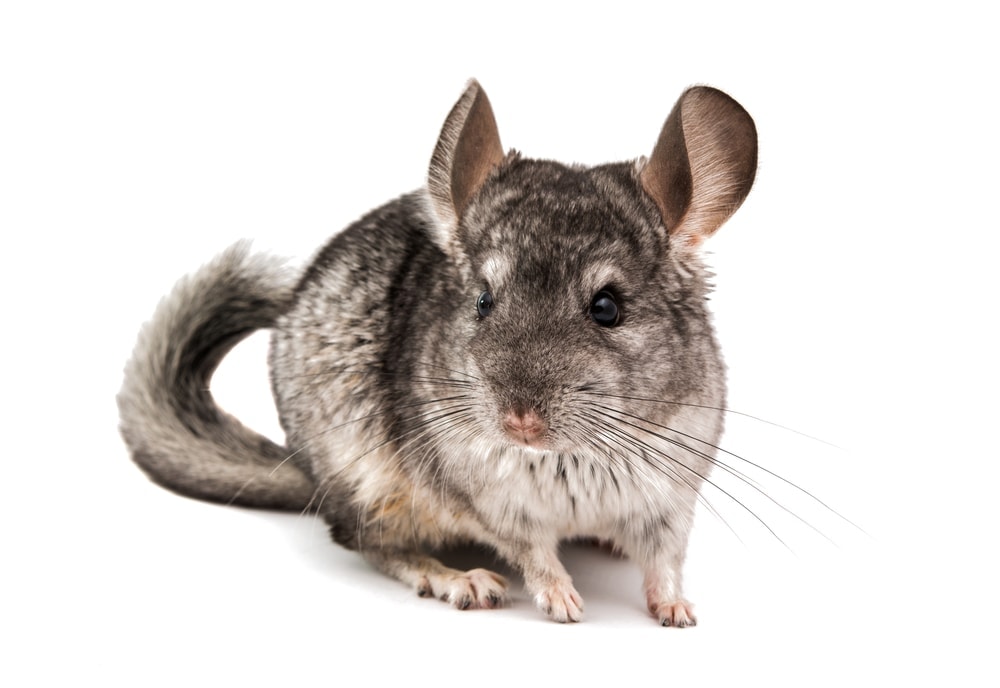
How to Prevent Hair Loss with Your Chinchilla
There are lots of different things that you can do to prevent hair loss with your chinchilla, and it is important that you know what they are.
Bathe Your Chinchilla Regularly
It is crucial that you give your furry friend a dust bath at least once or twice each week. This will help keep their fur clean and reduce the risk of skin infections.
Make sure that you use a dust that is specifically meant for bathing these animals. Regular bathing and grooming is an essential part of keeping your pet healthy overall.
Minimize Stress in their Environment
Since stress is a common reason for hair loss among chinchillas, you’ll want to do everything possible to reduce it. This means keeping their cage in an area of your home that isn’t particularly noisy, especially during the daytime.
You will also want to provide your pet with plenty of stimulation each day. This will go a long way towards minimizing stress. Play and interact with your chinchilla for at least 15 minutes every single day.
Look for Signs of Illness
Keep an eye out for common signs of illness, such as labored breathing, changes in appetite, and self-mutilation. All of these things can indicate a major problem with your pet. Do not hesitate to take them to the vet if you suspect that something is wrong with them. It’s always better to be safe than sorry.
Keep them on a Healthy Diet
A nutritious overall diet is also very important when it comes to keeping your chinchilla’s fur intact and looking good. You should only feed them fresh hay and vegetables. Also, remember to limit the amount of treats you give them.
An imbalance in your pet’s diet can cause all sorts of problems, including loss of fur. This is a fairly easy fix, but you should consult with your vet if necessary.
Conclusion
- A certain amount of hair loss in chinchillas is normal, as these animals do shed.
- If you notice lots of hair loss within a short period of time, something could be wrong with your pet.
- Stress is a common reason for these animals suddenly losing their fur.
- A bacterial or fungal infection could also be responsible for your pet’s hair loss.
- Parasitic infections like fleas and ringworm are also common reasons for this.
- Make sure that you minimize stress in your chinchilla’s environment, as this will reduce the chances of hair loss.
- It’s also important for you to give your furry friend a dust bath once or twice each week.
- If you notice any redness or swelling on your pet’s skin, you should take them to a vet right away.
- It can take up to several weeks for all of your chinchilla’s missing fur to grow back.
